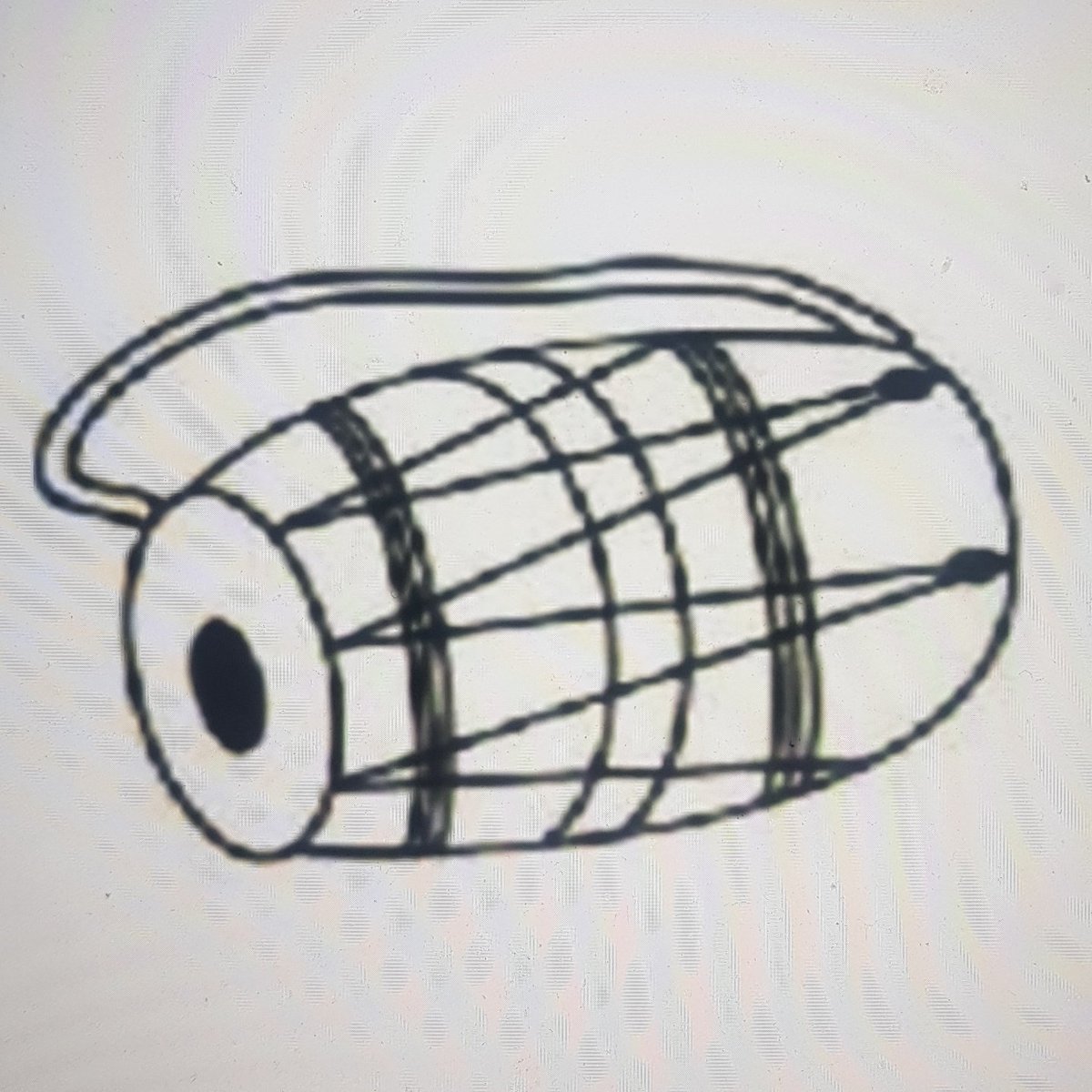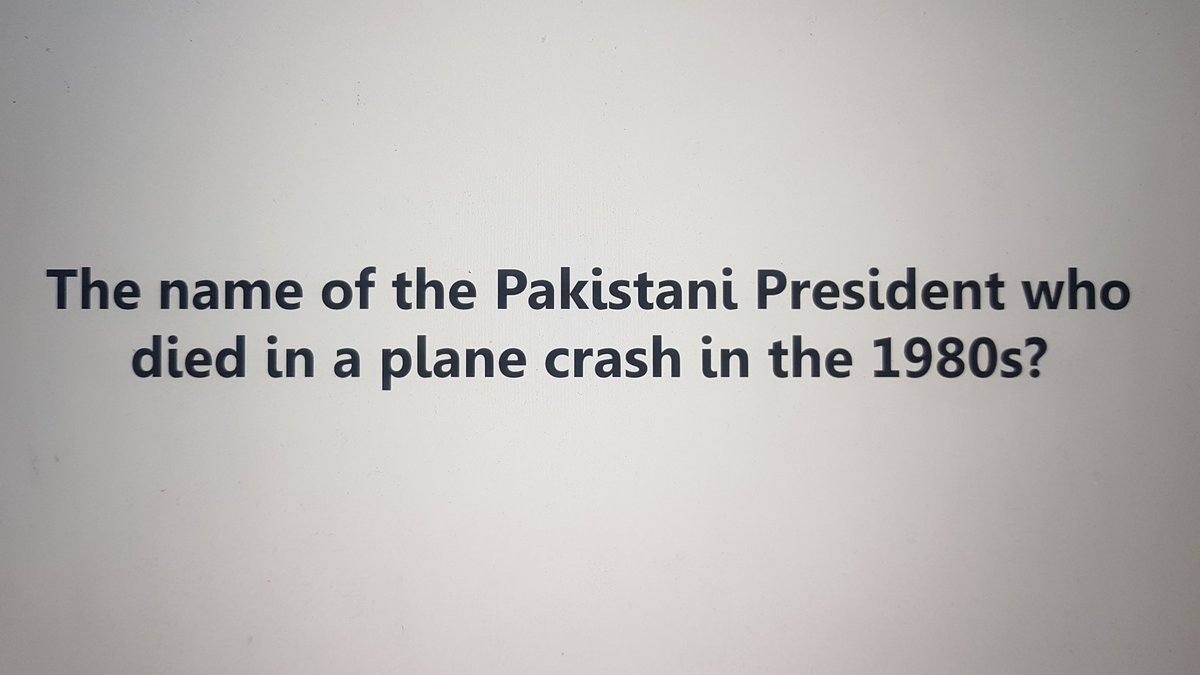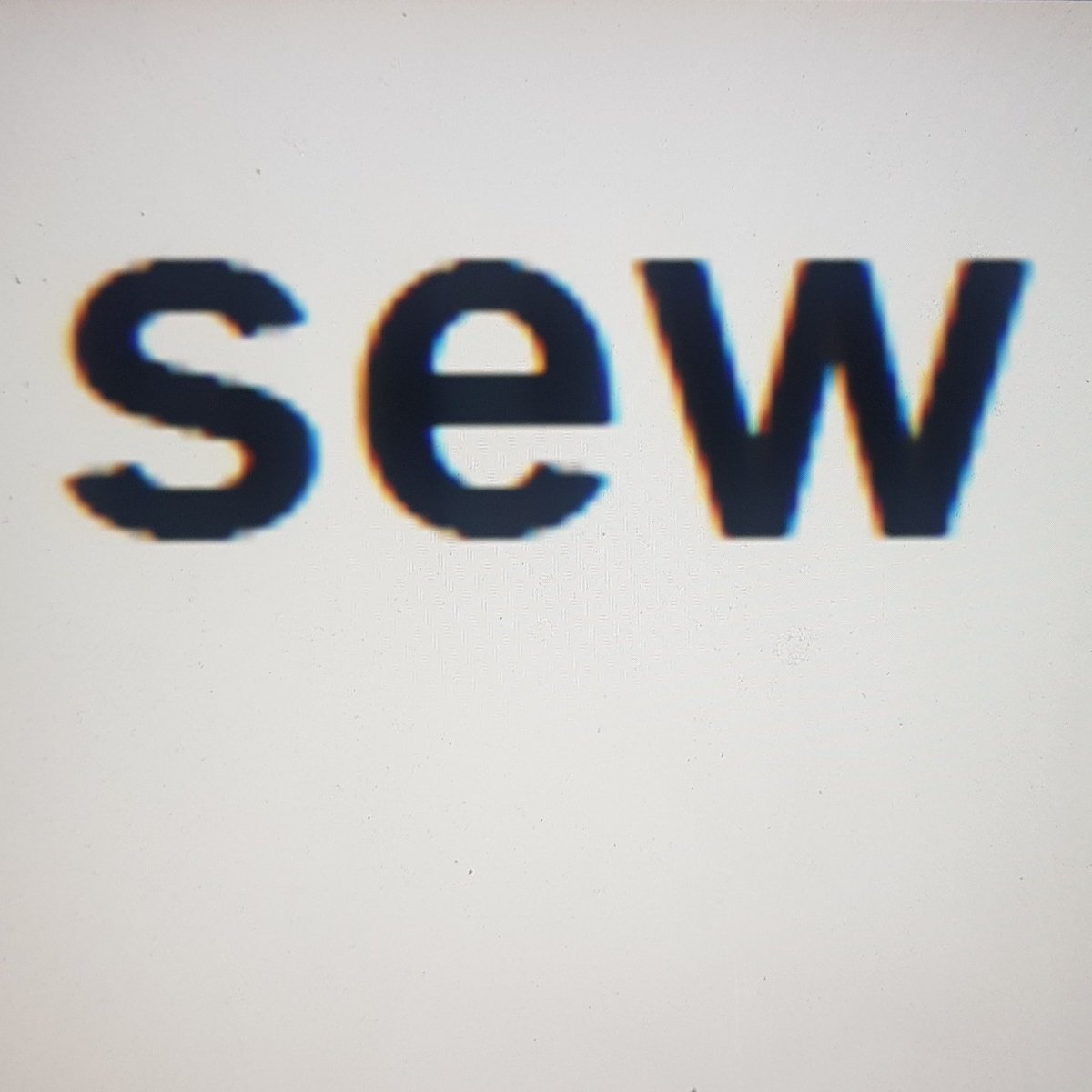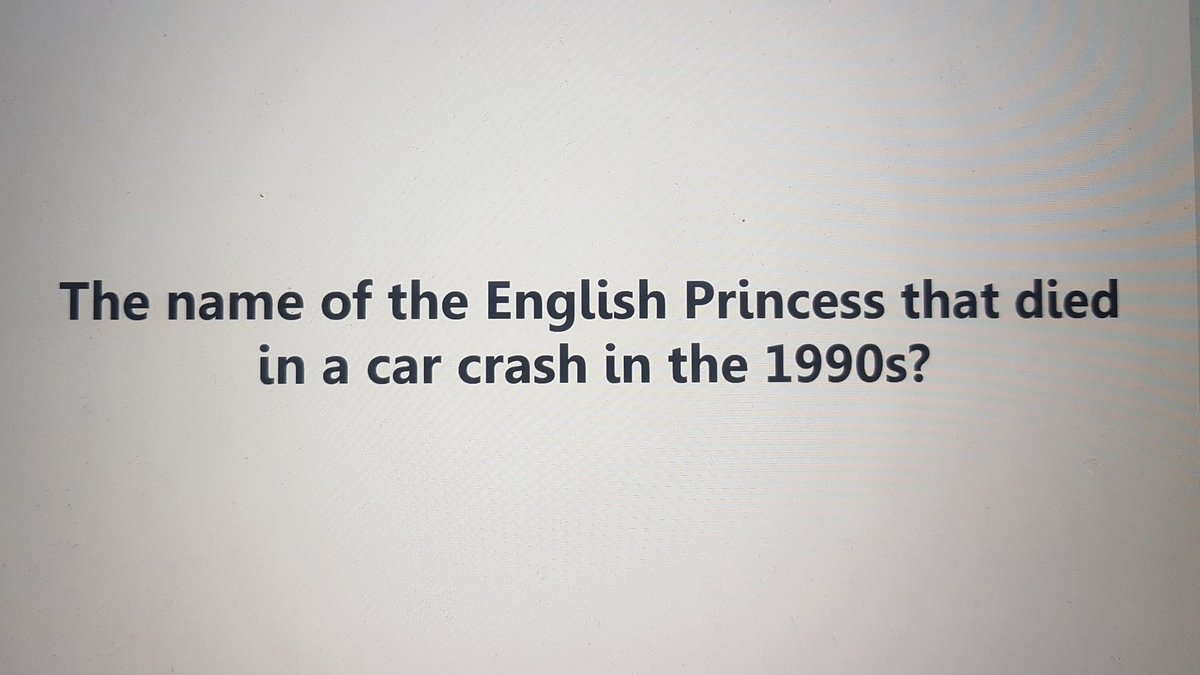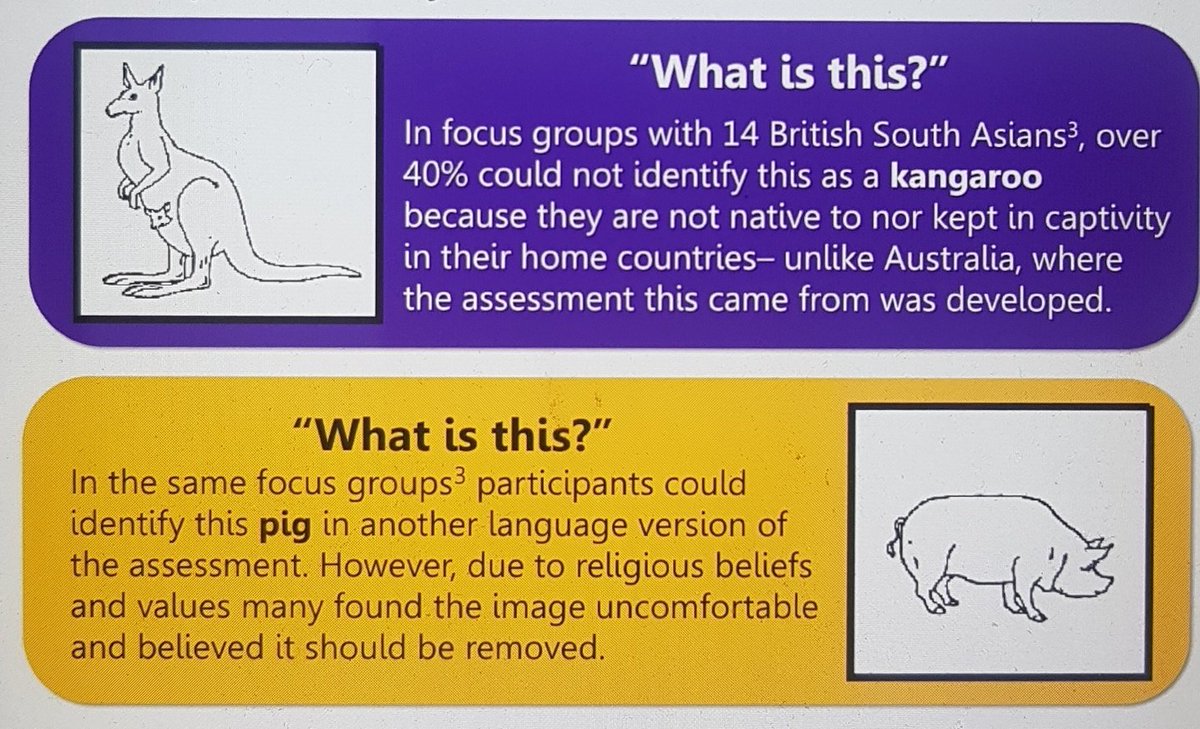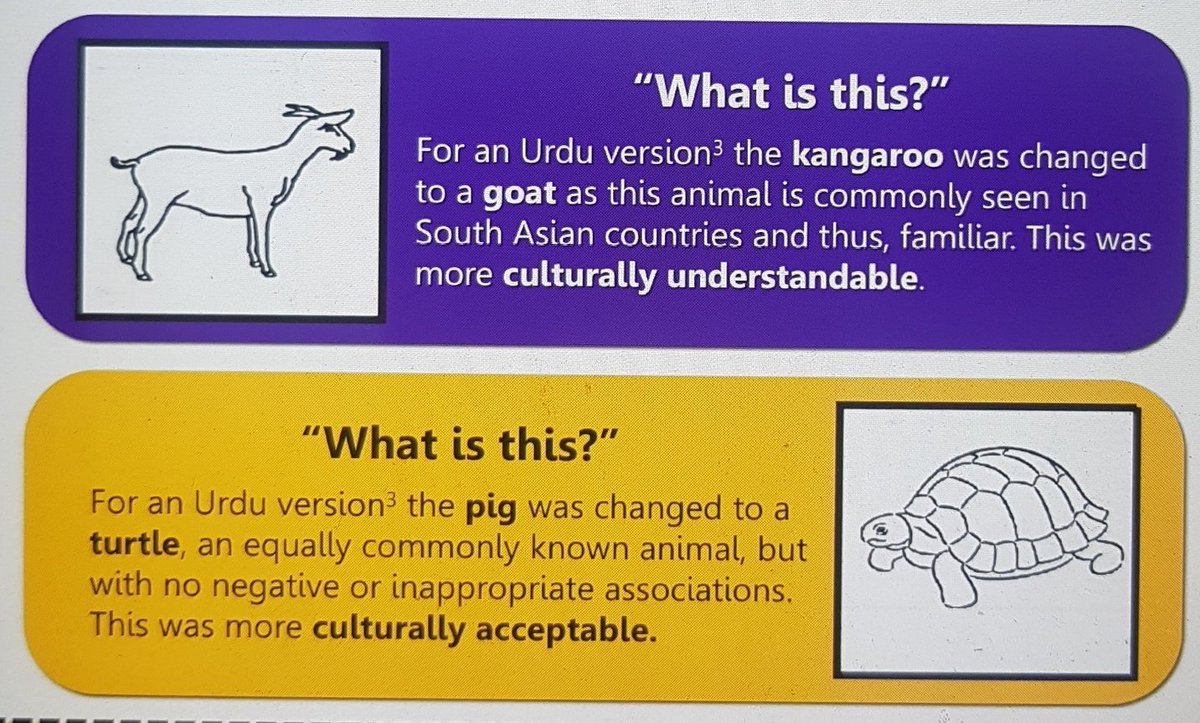Hey! My name is Nadine Mirza and I am taking part in the #GlobalScienceShow!
Today I& #39;m showing you some questions used in #cognitivetests to see how cognitively healthy your brain is https://abs.twimg.com/emoji/v2/... draggable="false" alt="⬇️" title="Pfeil nach unten" aria-label="Emoji: Pfeil nach unten"> Give them a try!
https://abs.twimg.com/emoji/v2/... draggable="false" alt="⬇️" title="Pfeil nach unten" aria-label="Emoji: Pfeil nach unten"> Give them a try!
And next up is @bonkers_bee
#SciencefromHome @MinoritySTEM
#DOMEProject
Today I& #39;m showing you some questions used in #cognitivetests to see how cognitively healthy your brain is
And next up is @bonkers_bee
#SciencefromHome @MinoritySTEM
#DOMEProject
I& #39;ll show you guys a bunch of images, sound bites, and questions and you can let me know in the comments if you know the answer! In the end we& #39;ll tally scores!
Q1: What is this a picture of?
Q1: What is this a picture of?
Q3: Can you repeat this phrase after hearing me say it?
So, how& #39;d you score?
So some of you may not have scored the 4/4 you wanted to indicate a cognitively healthy brain. But that doesnt necessarily mean you have #dementia, which is what these questions are used to indicate.
In fact, let& #39;s try them again but with a twist.
In fact, let& #39;s try them again but with a twist.
I& #39;m going to change the questions slightly now- they& #39;ll still assess the same concepts they& #39;re supposed to be but with slight tweaks. Give it a shot!
Q1: What is the new picture of?
Q1: What is the new picture of?
Q3. Can you repeat thise phrase after hearing me say it?
How& #39;d you score this time?
Which batch of questions was easier for you- Round 1 or Round 2?
Most likely, unless you have a South Asian or Urdu speaking background, Round 1 was probably tough for you whereas you breezed through Round 2. There& #39;s a reason for that. Any guesses?
If you found Round 2 easier it was because it was matched to your cultural background and language in a way that Round 1 wasn& #39;t. You may not have #dementia but when a test isn& #39;t designed for you it may end up looking like you do.
This is what happens to ethnic minorities of Western countries, particularly non-English speaking groups. They either get misdiagnosed with #dementia when they don& #39;t have it OR clinicians assume the existence of a language and cultural barrier and their dementia is undetected.
This means we& #39;re letting ethnic minorities down BIG TIME when it comes to accurately diagnosing them because the #cognitivetests we used weren& #39;t designed for them.
Here& #39;s a quick example from a test called ACE-III where cultural differences caused misunderstanding and offense:
Here& #39;s a quick example from a test called ACE-III where cultural differences caused misunderstanding and offense:
And here& #39;s how I fixed it!!!
I hope this thread gave you a taster of not only what kind of questions #cognitivetests ask but also the problems current tests cause for ethnic minorities.
I actually talk about it in this quick little video along with solutions for whoever is interested: https://youtu.be/HLaZmcL3YS4 ">https://youtu.be/HLaZmcL3Y...
I actually talk about it in this quick little video along with solutions for whoever is interested: https://youtu.be/HLaZmcL3YS4 ">https://youtu.be/HLaZmcL3Y...
And I even wrote a quick blogpost about it here for @The_MRC
https://mrc.ukri.org/news/blog/avoiding-gibberish-when-assessing-for-dementia/?redirected-from-wordpress">https://mrc.ukri.org/news/blog...
https://mrc.ukri.org/news/blog/avoiding-gibberish-when-assessing-for-dementia/?redirected-from-wordpress">https://mrc.ukri.org/news/blog...
I& #39;d love to hear from you guys what you think of all this!
You can also follow #DOMEProject to see what& #39;s been done so far on both Twitter and Instagram or check out my blog: https://thealmostpsychologist.wordpress.com..."> https://thealmostpsychologist.wordpress.com...
You can also follow #DOMEProject to see what& #39;s been done so far on both Twitter and Instagram or check out my blog: https://thealmostpsychologist.wordpress.com..."> https://thealmostpsychologist.wordpress.com...
Thanks for following the #GlobalScienceShow so far- keep following for more awesome content! Next up is @bonkers_bee

 Read on Twitter
Read on Twitter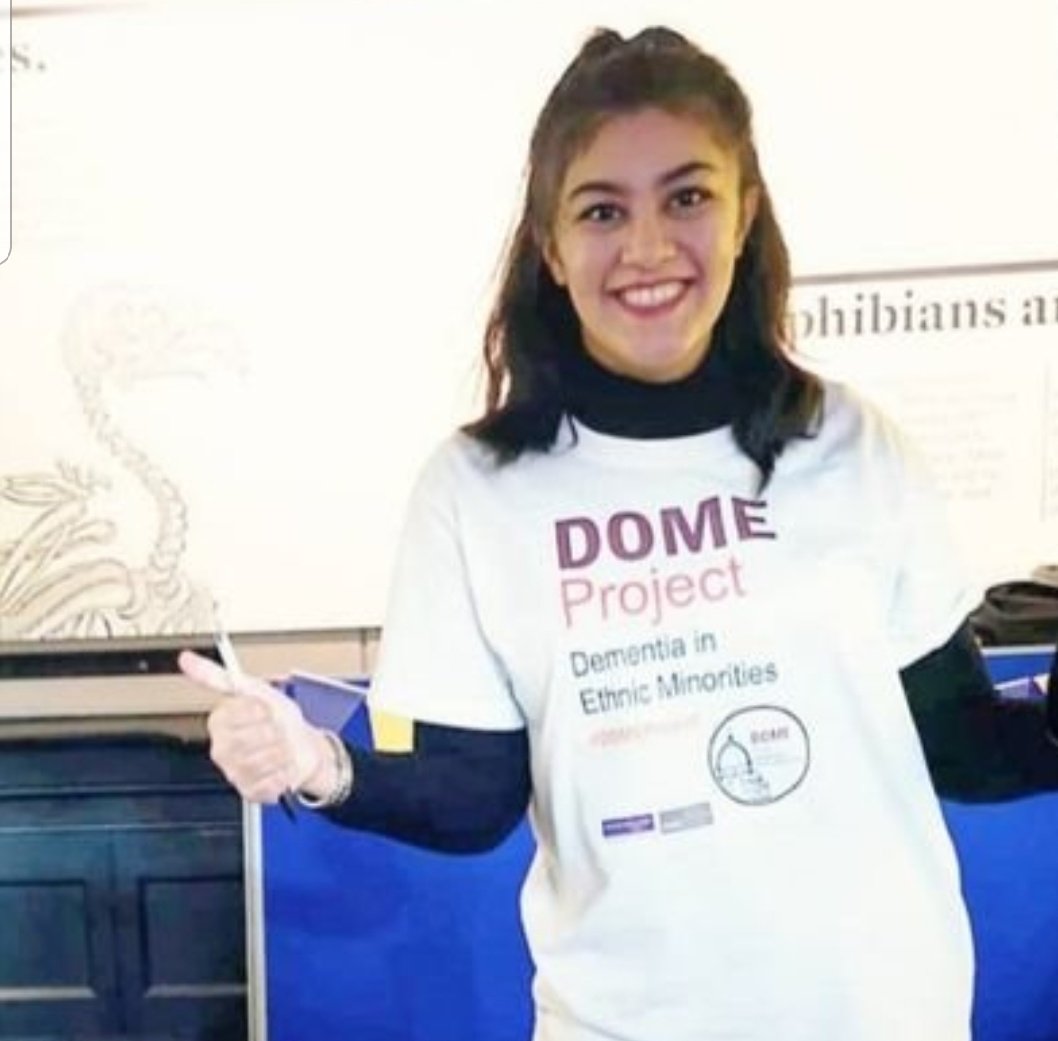 Give them a try!And next up is @bonkers_bee #SciencefromHome @MinoritySTEM #DOMEProject" title="Hey! My name is Nadine Mirza and I am taking part in the #GlobalScienceShow!Today I& #39;m showing you some questions used in #cognitivetests to see how cognitively healthy your brain is https://abs.twimg.com/emoji/v2/... draggable="false" alt="⬇️" title="Pfeil nach unten" aria-label="Emoji: Pfeil nach unten"> Give them a try!And next up is @bonkers_bee #SciencefromHome @MinoritySTEM #DOMEProject" class="img-responsive" style="max-width:100%;"/>
Give them a try!And next up is @bonkers_bee #SciencefromHome @MinoritySTEM #DOMEProject" title="Hey! My name is Nadine Mirza and I am taking part in the #GlobalScienceShow!Today I& #39;m showing you some questions used in #cognitivetests to see how cognitively healthy your brain is https://abs.twimg.com/emoji/v2/... draggable="false" alt="⬇️" title="Pfeil nach unten" aria-label="Emoji: Pfeil nach unten"> Give them a try!And next up is @bonkers_bee #SciencefromHome @MinoritySTEM #DOMEProject" class="img-responsive" style="max-width:100%;"/>
